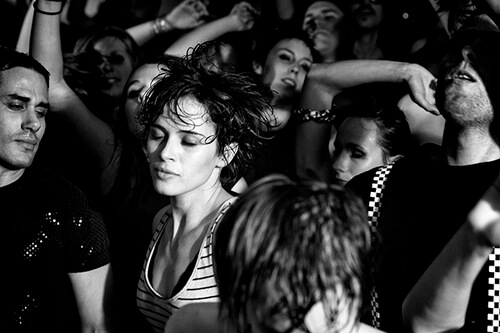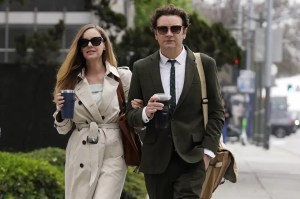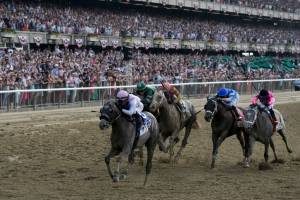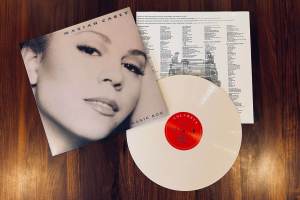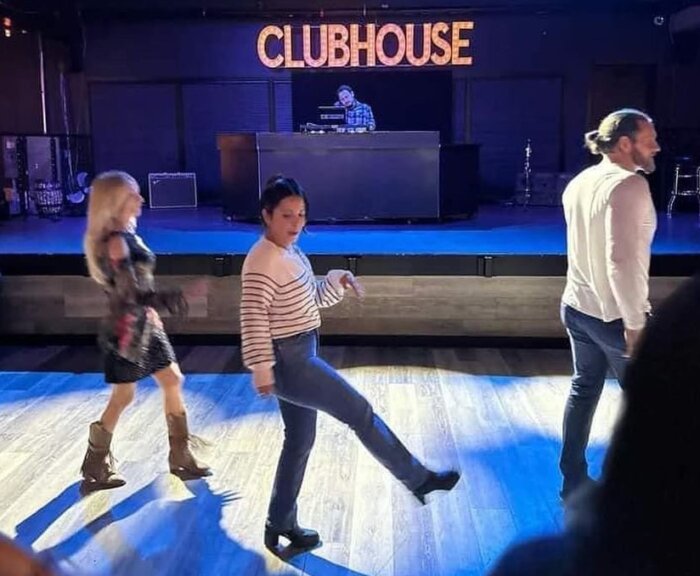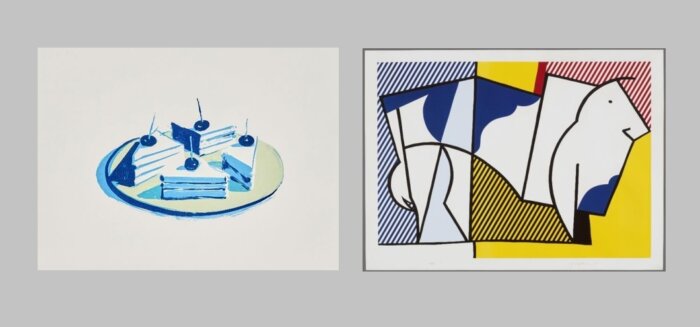 ANNE EMOND INTERVIEW: NUIT #1
ANNE EMOND INTERVIEW: NUIT #1
According to young Quebec director Anne Emond, sex can be all talk and no action—at least not much of it. Her French language stranger sex romp Nuit #1 (“Night Number One”) starts off shockingly explicit, but very quickly switches it up from grabbing to gabbing. Because, as Emond explained during this phone conversation, her real interest in exploring the relationship between these two Montreal clubbing party animals Clara and Nikolai, was the more complicated challenge of raw emotional intimacy. Along with the larger social, economic and political despair of her own twenty-something generation. As for those unusually uninhibited sex scenes, Emond blames it on vodka.
Anne, why did you want to open your film with such graphic sex? I’m sure you get this question a lot!
ANNE EMOND: Yes! In fact for me, it was really important. In the screenplay, it was 15 pages of sex in that scene.
But for me, it’s about two people looking for real communication. But they don’t know anything else than sex, to communicate.
And it’s not really boring sex. But in a way, they copy everything they’ve seen, all the positions, like on the Internet or in the movies. But in reality for me, they are not looking for sex. They are just looking not to be alone.
Well, they seemed like they were really having sex. So how do you prepare two actors who are strangers, to do that?
AE: It was really hard! And in fact, they really were strangers. Because the actor [Dimitri Storoge] is from Paris, and the actress [Catherine de Léan] is from Montreal. And they only met once before.
But there were no surprises for them, it was almost like a dance, or choreography. Like you put your hand there, or do that to her.
But on the set, it’s a nightmare! Because for them, you had to be naked in front of people. And I was feeling so bad to make them do it!
But I think what helped, is that they had no freedom. They just had to follow what I wrote. So they were not…guilty of anything!
But to be honest, we had a lot of vodka! The three of us were like, let’s just drink a little bit. Because we were all really nervous.
How do you think you film sex differently from how a man would in a movie?
AE: I love this sex scene, because it’s not a fantasy. You know, it’s not like the perfect first night, and the perfect bodies.
Everything happens a little bit like in life. It’s not that romantic. And for me, all these natural details were really important.
Like when she has to go to the bathroom in the middle of sex. Or he has to stop to go get the condom. So there are a lot of natural and funny details. Or not funny!
But for me, it’s not porn at all. And when I hear some people tell me, oh it’s shocking. Why did you show so much sex.
For me it’s a beautiful sequence, because it’s two natural bodies. And with no makeup, and nothing is false. It’s like real people. So it’s really much more interesting and brave than porn.
Nuit # 1, unlike most movies which only revolve around the insularity of a romantic relationship, includes the world around these two people that they talk about, socially, economically and politically. And how it affects them and informs and shapes who they are. Talk about that, and why that intense connection of these lovers to the world around them was important to you.
AE: Thank you very much for this question. Because for me, it was really important. For me, it’s not a romance. I really wanted to make a movie about my generation.
And when I wrote this movie, I was 27 years old in Montreal. And I was leaving a club with my friends at eight in the morning. We were dancing all night.
And I was thinking, oh my god. Why are we still like big kids. And why do we act like children. We have no jobs and no love, nothing serious in life.
So I really wanted to write a film about my generation, and this is what I noticed. We are really, really scared of the future. And we have no power.
And I think in a way, we have good reason to be scared. Because economically and politically, we are in a quite frightening world.
How do you see your generation as different from the ones that preceded them, and why?
AE: Well, I was scared inside that I did this film. And really only for my 10 best friends in Montreal! But then it’s what other people who finally told me.
It was at screenings and film festivals around the world. People the age of maybe my mother, would tell me that, we’ve been through that.
You know, we’ve been looking for freedom, and sexual freedom and drugs. We’ve been through that, but we did it because we wanted to break the rules. We didn’t have freedom, and we wanted that.
But now I have the feeling, that in a way we have, not too much freedom. But we have a freedom that we don’t know how to use.
Like for me, how Clara is looking for drugs, sex and adventure, it’s more like to escape something. Not to discover something.
It’s often said about this country, that your generation is the first generation that will not do as well economically as the preceding one. What are your thoughts about that?
AE: Exactly. In fact, this is how we feel. Like we cannot tell the future. And I think we are in a world that will have no choice. Like we’ll have to learn to be happy with less. This is how we feel.
Now, Nikolai tells Clara that he doesn’t have enough money to eat usually, or pay his rent. And that he can’t even get his college degree, because he owes one hundred dollars for an overdue library book at the university that he can’t pay. What do you feel that scene, and many others in your film, is addressing about the prospects of youth today?
AE: In fact, everything in this film is true. And Nikolai is really inspired by one of my ex-boyfriends! And even the library book, one of my friends didn’t receive his Master’s degree because of that.
Of course Nikolai is kind of a loser. But it’s harder and harder to find jobs, real jobs. And even the little bit more money I made from filmmaking last year, I shared the money with my friend who inspired Nikolai!
So some people hate this character, and I don’t know why. Because me, I love him. He can look like a loser, but he’s a product of society. And for me, we are all in a way responsible, for those kind of lost people.
Anne, what can you say about those Casserole Protest marches in Montreal similar to the Occupy Movement, with people banging pots and pans in the streets? And did you show up too?
AE: Yes, thousands of people screaming in the streets. And yes, I must admit that I took part. And I think we have to change the world, but we don’t know how.
Could you see Clara and Nikolai in the streets banging pots and pans too, maybe on Nuit #2?
EA: Yes! I think Clara would be in the streets right now. Nikolai, he’s a little more complicated, and sad.



